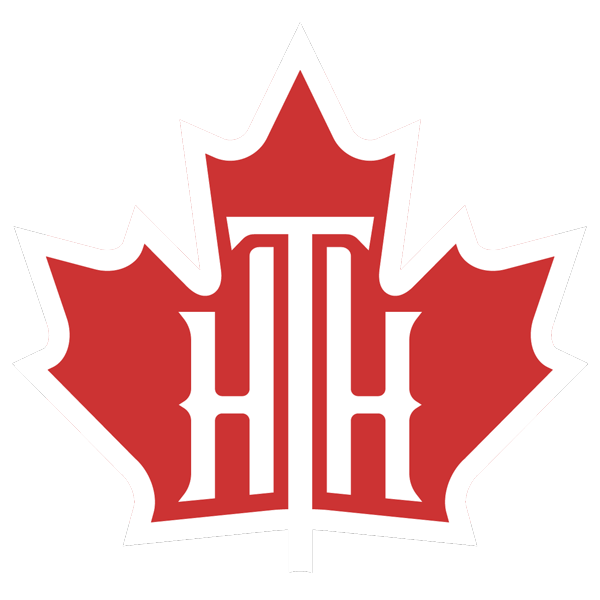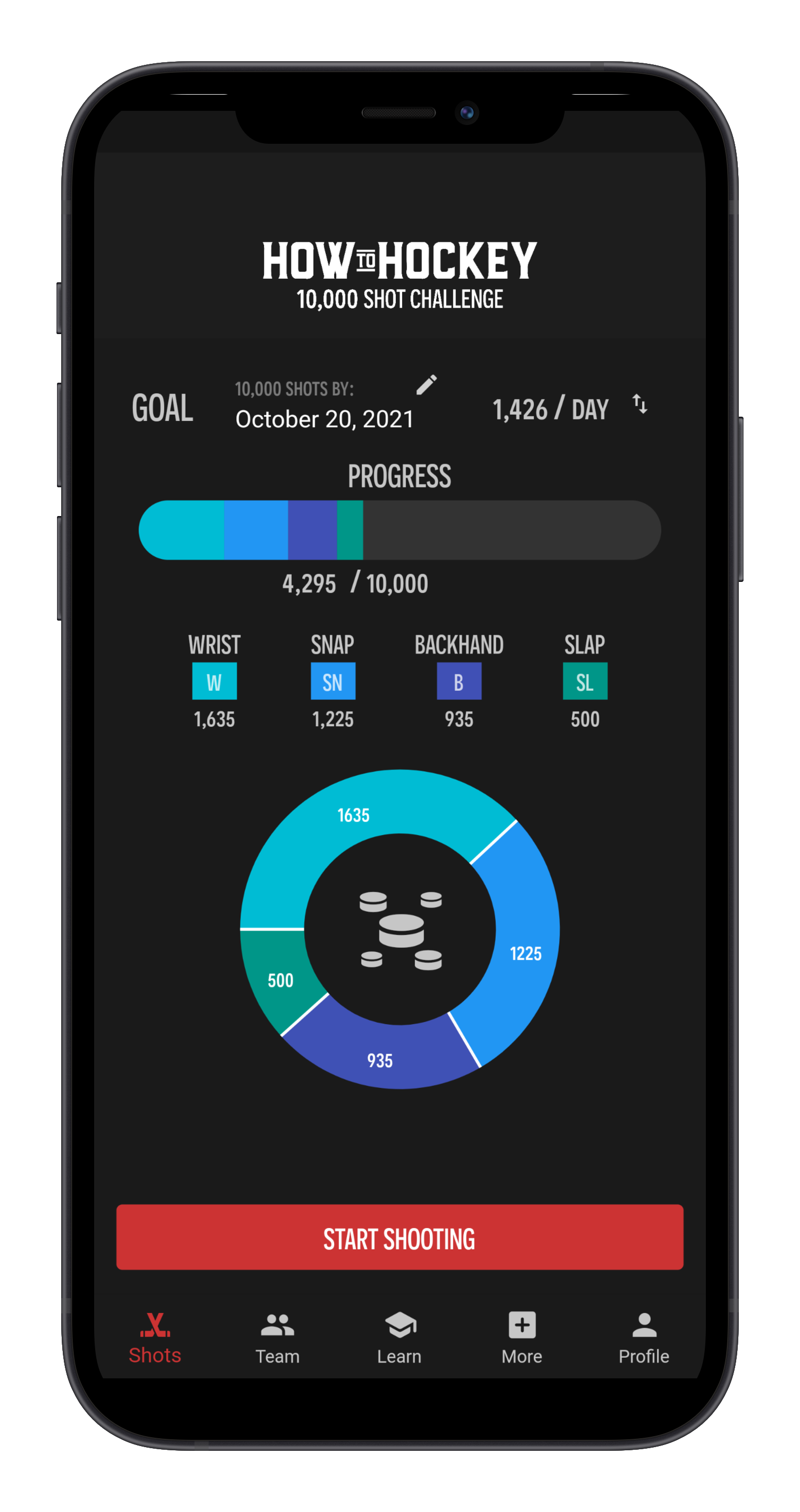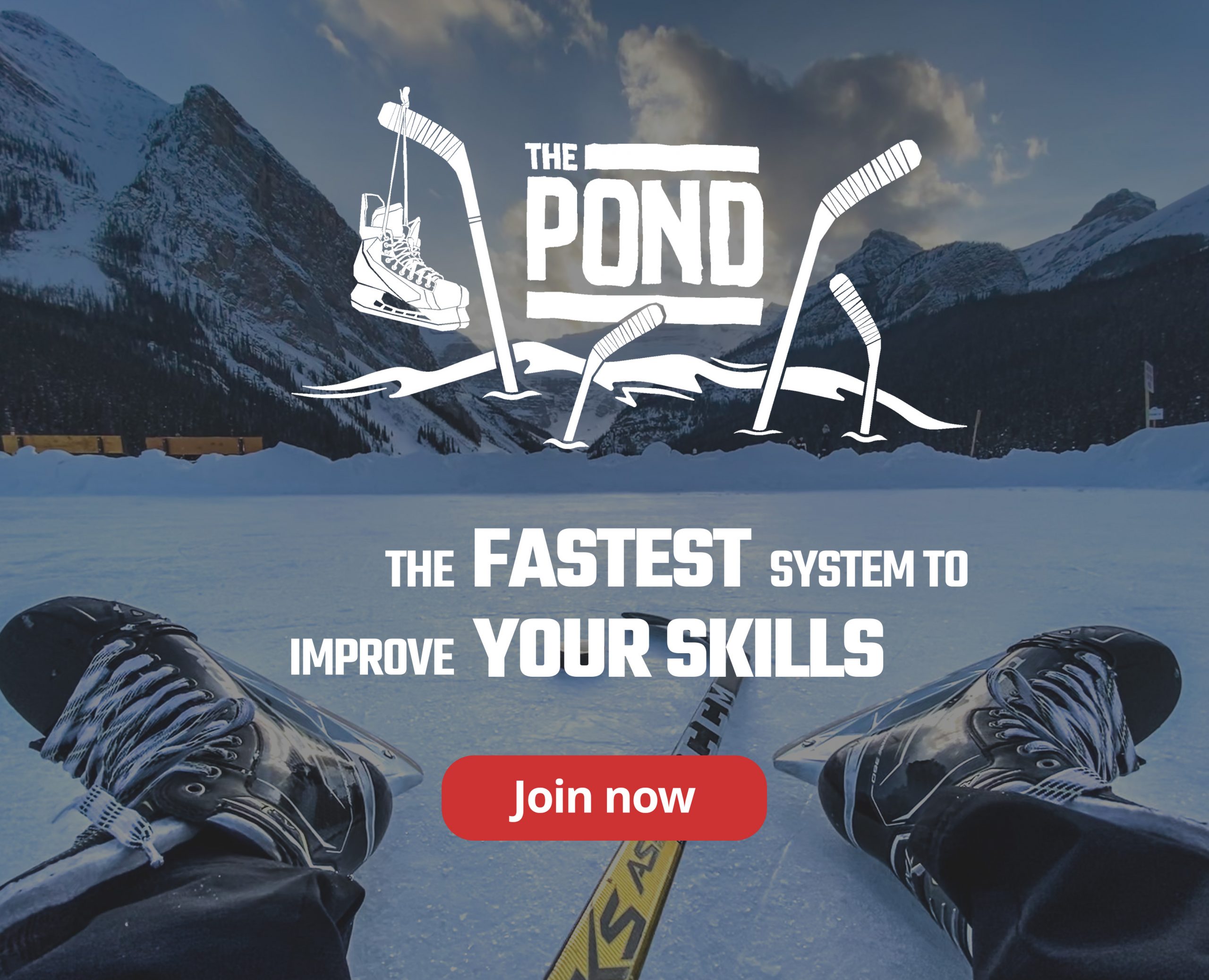Since starting How To Hockey in 2009 I’ve been continuing to learn and grow as a coach. I believe that a good coach should have a set of principles that he believes to the core and stands by. I’ve been developing my principles over the years and thought I would share them here.
Philosophies for coaching and Development
- The most important factor in developing a player is belief. Your players must believe they are capable of being great. Not only must the players believe in themselves, you must also believe in them. Nothing is more powerful than a respected coach that a player looks up to for advice believing in them. Players (people in general) are often capable of far more than they believe. For this reason a coach must help a player achieve more than the player believes is possible. If a player doesn’t truly believe what they are trying to do is possible their practice will not be as effective or efficient, in the back of their mind they will think “whats the point”
- After belief the most important determination for success is work ethic. When you have a player who know’s what they want, know’s they are capable of it, and has the work ethic to make it happen then you will have successful player.
- Balance is the foundation to all fundamental hockey skills, a coach that can help new players become balanced will set the foundation for faster development in skating, shooting, stickhandling, power and speed.
- Challenge yourself, challenge others – The simplest key to designing drills and helping players improve is to ask, does this challenge the player? Achieving a skill / movement should be just outside of the players reach, just close enough that they want to work harder to achieve it. Once the player can perform the skill / pattern consistently move on to a new challenge and continue to find new areas of the players game to improve.
- Every moment is an opportunity to learn – Perhaps the best way to improve rapidly (when not practicing) is to become a good learner. Learning does not just happen during practice. Imagine treating every hockey game you watch, every game you play, every hockey player / coach you meet, and other sports / activities as an opportunity to learn and grow. It’s not easy, it cant be done instantly, like all things you need to practice this and will get better with time. Don’t watch, study, don’t just listen, take notes.
- Failure leads to success – If you aren’t failing, you aren’t pushing yourself enough, and you aren’t learning. You’re too comfortable, you are afraid of embarrassing yourself and it’s hurting your development. Every failure is an opportunity to learn and grow.
- Be an efficient learner – It’s great you’re at practice, or working on your skills for 30 minutes at home, but how efficient is your practice? Too many players go to practice and go through the motion, not getting as much as they could have from the practice session. If the drills aren’t challenging you, you need to challenge yourself within the drill, don’t wait for the coach or someone else to correct you, push yourself! Get lower, go faster (or slower), push harder, try something a little different, ask yourself “how could I do this better”.
- Be curious – Curiosity is a driving force in your development. Ask questions, ask YOURSELF questions, explore your abilities and pay attention to feel. Explore questions like “could I get lower, where is my weight, could I be more balanced, could I perform this more efficiently, could I do this with more speed or power, how does it feel when I change this vs this etc. Being curious and focusing on feel will help you become a more efficient learner.
- The two most important assets a player can have during practice are focus and effort.
- Everyone is valuable – No one player should feel more valuable than another on a team, although this often happens. It’s important to stress the point that everyone on the team is important and valuable for the teams success. Every player will have their chance to make a difference on the team. You must treat, and train them this way
- Focused repetition is the key to improving – Many books, scientific studies and research into skill development all come down to one key point. The more you do something, the better you get. It’s simple, practice often with a purpose. (for example, I know how to take a slapshot right handed, I have helped many players learn and improve their slapshot, I have a deep understanding of how the slapshot works, however if I attempt a left handed slapshot I look ridiculous…. it’s because I simply haven’t put in the time and reps!)
- Winning is not the goal. As a coach your goal is to get the most out of each player (and staff member) you have, while you have them. Your goal is to teach, develop, motivate and inspire. There are many things that are more important than winning, and the funny thing is if you focus on them (in the words of coach Bill Walsh) “the score takes care of itself”.
- A destination is not a goal, the process should be the goal – If you set a goal with high expectations, and stumble early you may lose all motivation and quickly give up on your goal. However if your goal is simply to engage in the process of improvement – with your high expectations as your compass for your development – you will be achieving your goal every time you engage in practice. This shift will keep you motivated longer, and allow you to continue in development even after a goal is achieved. ( more on this from the practicing mind)
- If a practice goes wrong, a drill fails, or a player doesn’t understand something it is my job as a coach to improve my delivery of the message. As a coach, I strive to make my instruction and expectations as clear as possible. When drills go wrong, I don’t blame the players, I rethink my delivery and improve.
- You should have many teachers – Don’t rely on one person alone for all your development. There are many good sources for you to learn from, search them out and use them. I’ve learned from all the greats, Gretzky, Bossy, Bobby Orr, Ken Hitchcock, Pat Quinn, Dave King, Scotty Bowman, and many other great players and coaches from a number of different sports. How? I’ve read their books, interviews, watched their videos online, taken notes, extracted advice and then tried and tested it. Every day I can learn something new from some of the greatest minds in coaching and the best athletes in the world. You can too.
- Experience is the best teacher – While reading (or watching videos) is a great way to learn, actually doing something is the only way to truly improve and develop. Until the things you’ve learned have been tested and tweaked, they are not truly yours. For this reason coaches and players should seek out every opportunity to practice. Practice turns information into tangible skills, potential into reality.
- Imagine, Plan, and Prepare
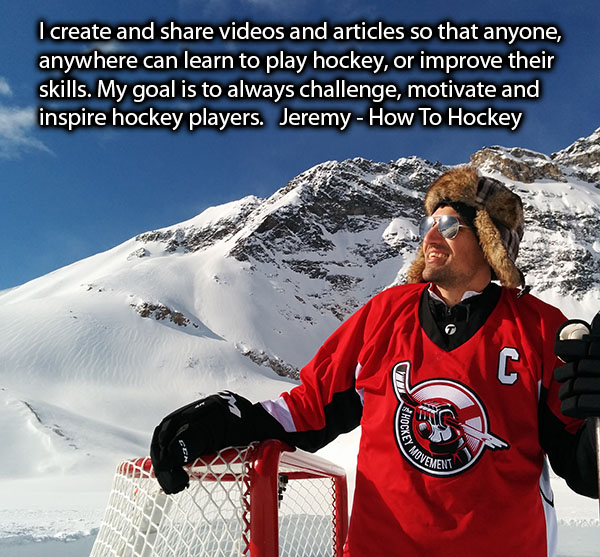
If you enjoyed these principles you may also enjoy Coach Peter Russo’s which inspired me to also share mine.
Coaches! If you’re looking for ways to help your team improve their individual hockey skills, check out The Pond. The Pond is our all in one hockey training platform designed to continually challenge players. We break down every skill in an easy to understand, step by step format. After learning our methods you will be able to easily teach fundamental skills to your players so they can improve faster.
Use coupon code COACHESRULE to get your first month 100% free! You’re welcome to pass the coupon on to your team as well, because we all know coaches rule.
